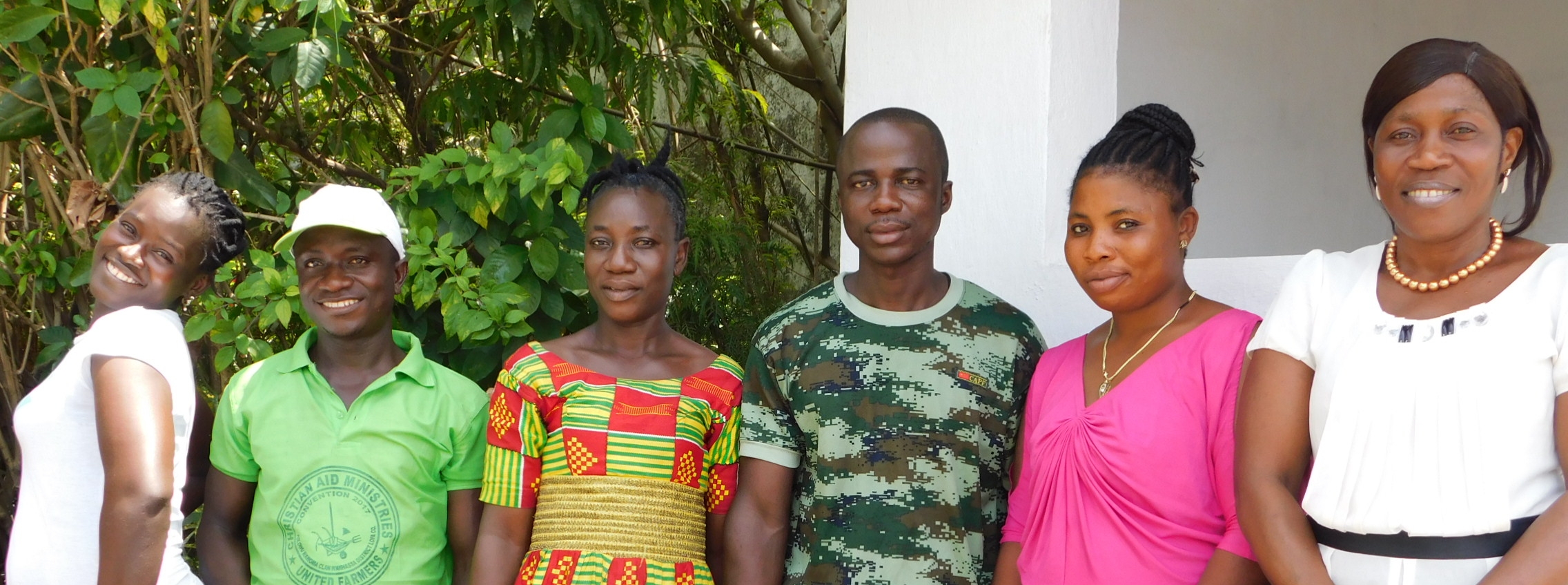Fofee Ndorbor, 25 years old, a student in EDC's adult basic education classes "ABE" in Liberia.
Liberia’s civil war concluded in 2003, but this 16-year period of strife left the country with significant wounds that have yet to heal. Among the casualties of the conflict was the forced closure of most schools, robbing an entire generation of the chance for a formal education.
This generation has now reached adulthood. And as Liberia embarks on an ambitious effort to revamp education for all—an effort that the country’s Minister of Education has described as "mess to best"—its attempt to improve adult basic education (ABE) may be as important as anything being done in the K–12 sector. Classes in literacy, numeracy, and livelihood skills are not just giving tens of thousands of adults a second chance at an education, they are also fundamentally changing how young adults see themselves.
“You barely have to recruit for adult basic education programs in Liberia because so many people want to go to school,” says EDC’s Sarah Nogueira Sanca, who directed the USAID Advancing Youth Project, an adult basic education and workforce development program, from 2011 to 2017. The project helped more than 22,000 Liberians between the ages of 13 and 35 develop literacy, numeracy, and life and work readiness skills.
EDC's Advancing Youth Learners participants (Fofee is second from left)
Fofee Ndorbor, a 25-year old from Lofa County, spent most of the post-war years finding odd jobs until he learned about the new ABE classes. As part of his training, he learned how to set up a small-scale village savings and loan association (VSLA)—a critical need in his community, which was far away from any organized banks.
The VSLA system is simple, consisting only of a small lockbox and three keys distributed throughout homes in the community. But the process to create and manage one is complex. Over a lengthy training process, trainers from Advancing Youth’s local partners helped Ndorbor and his peers learn how to save and manage funds, track deposits, and develop club policies that promoted transparency. The training made a significant difference: in the first year, Ndorbor’s VSLA collected 216,085 Liberian dollars from 30 contributors.
“People come to borrow money to get a loan,” says Ndorbor. “And when they borrow money, they pay it back with interest, so the money continues to grow in our box.”







